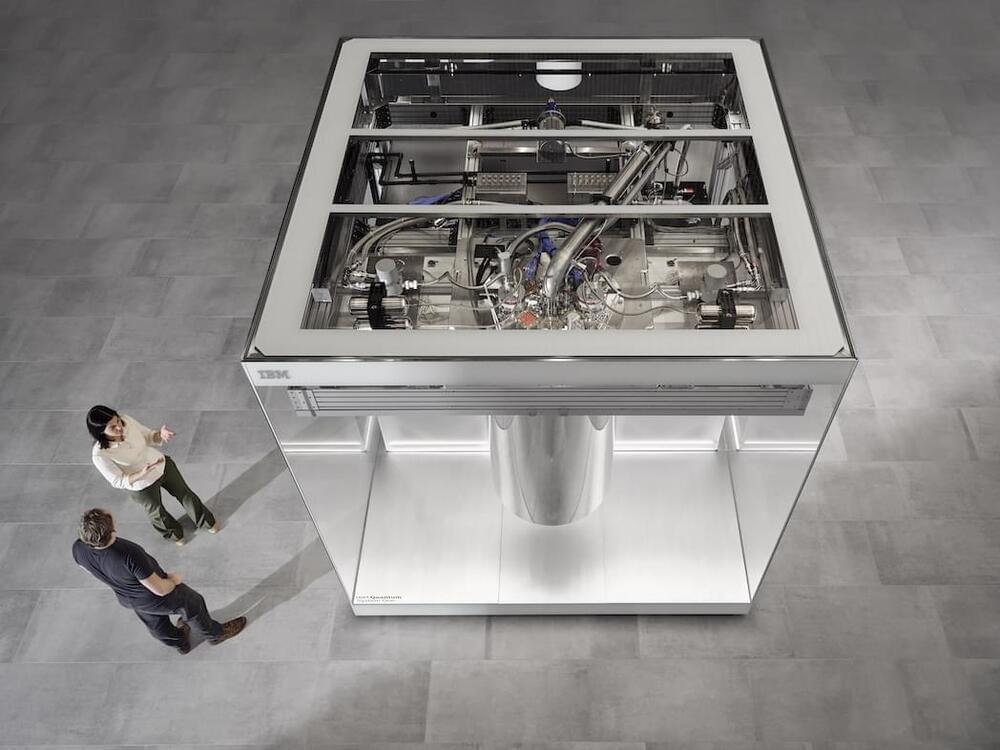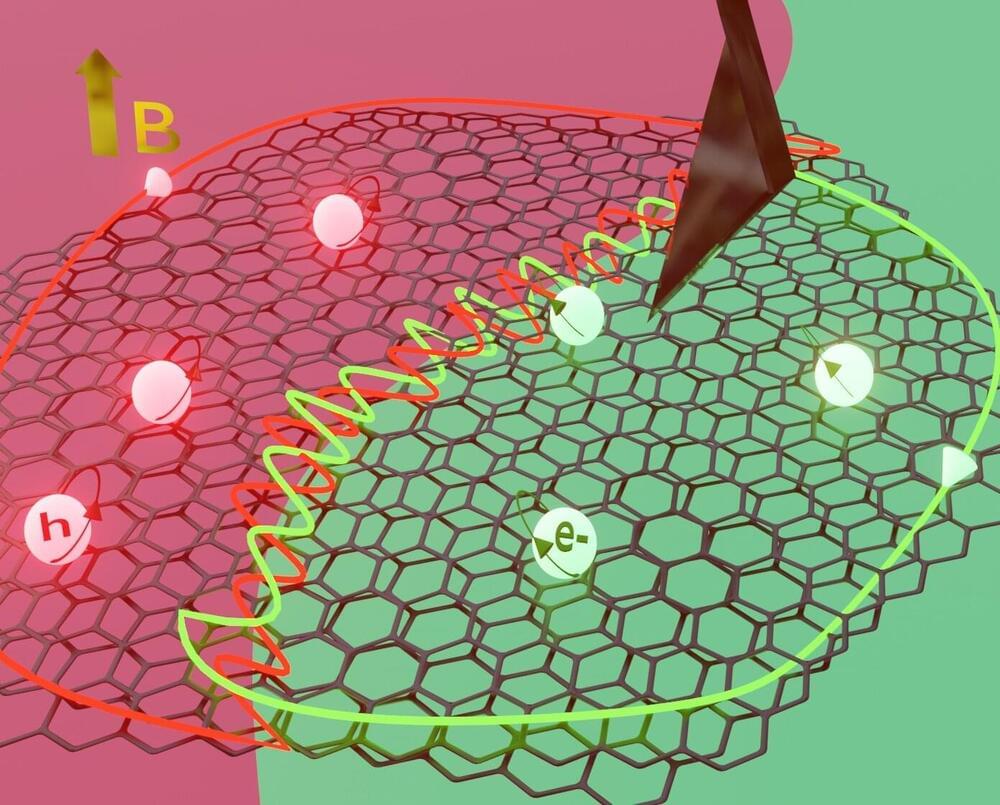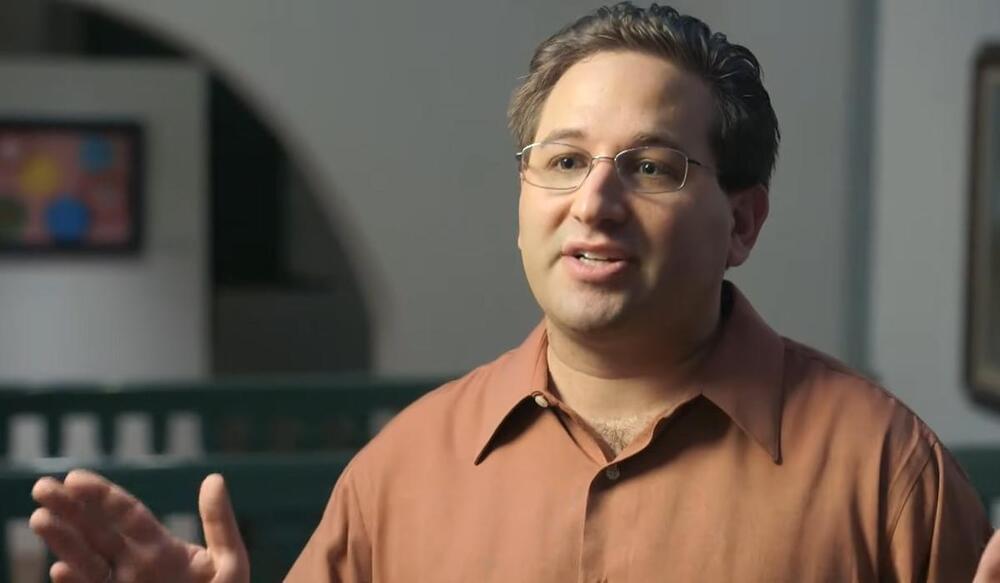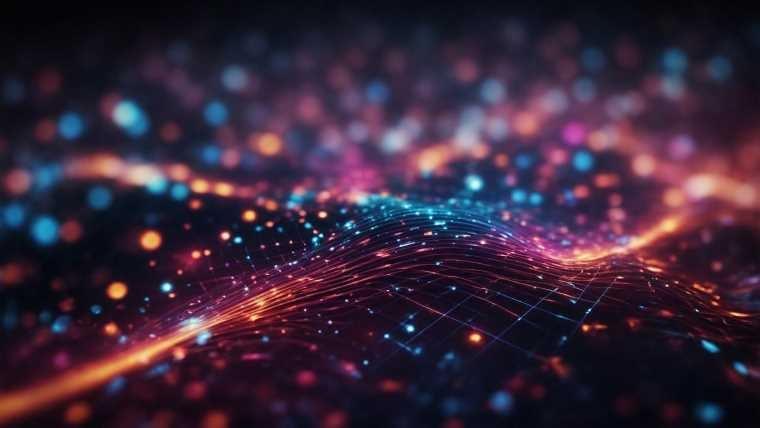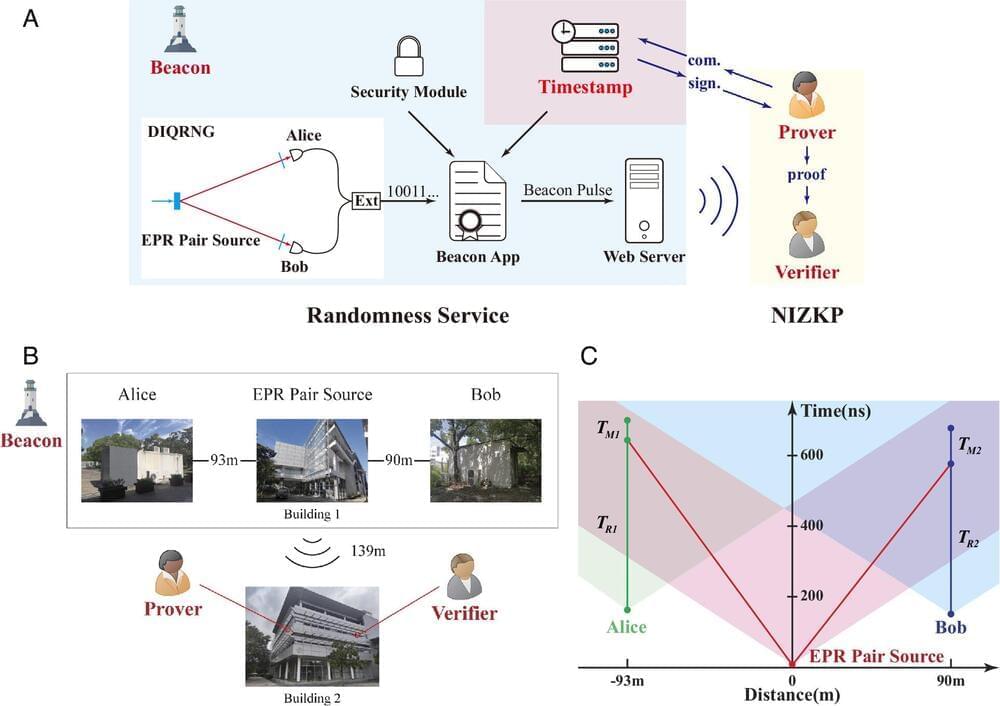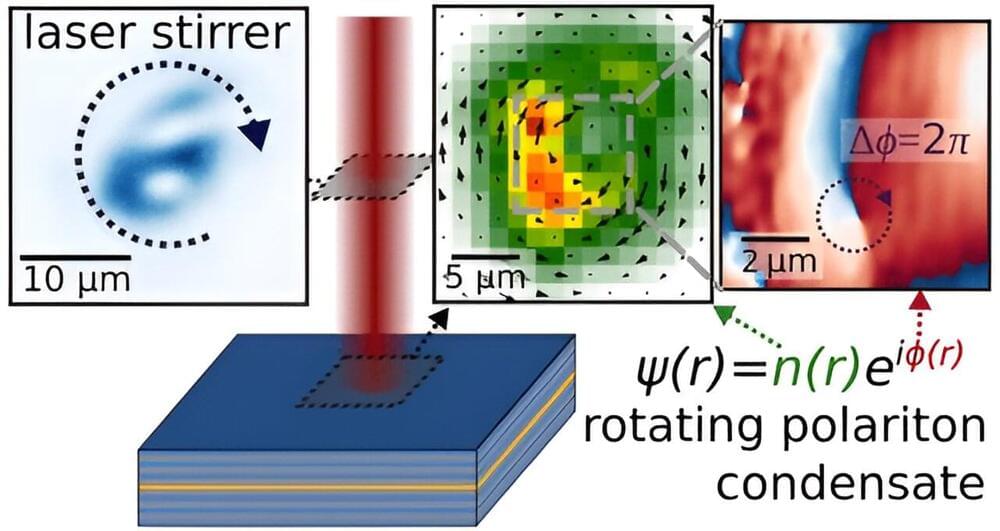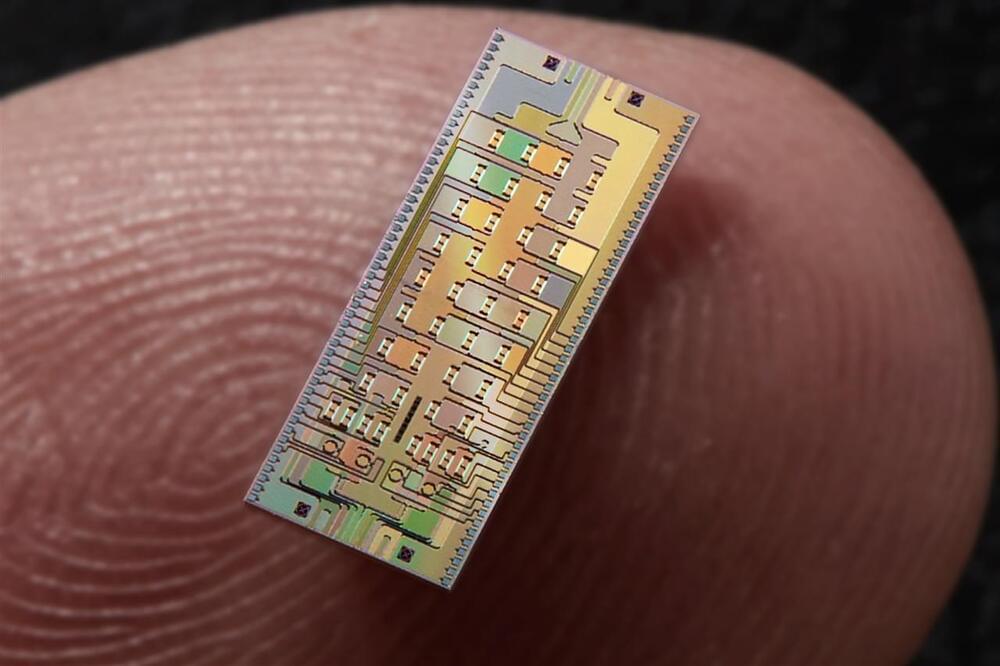IonQ earns spot in the prestigious list of 119 innovative companies for innovation in quantum computing
COLLEGE PARK, Md., November 28, 2023 —(BUSINESS WIRE)— IonQ (NYSE: IONQ), an industry leader in quantum computing, today announced that it has been named to Fast Company’s third annual Next Big Things in Tech list, honoring technology breakthroughs that promise to shape the future of industries—from healthcare and security to artificial intelligence and data. This is IonQ’s first time appearing on the list.
“This recognition is not only a tremendous honor but a testament to the transformative impact and potential of our technology,” said Peter Chapman, President and CEO of IonQ. “IonQ is committed to advancing quantum computing capabilities to drive technological breakthroughs and solve complex business problems across industries. This award fuels our drive to continue pushing boundaries and breaking barriers.”

